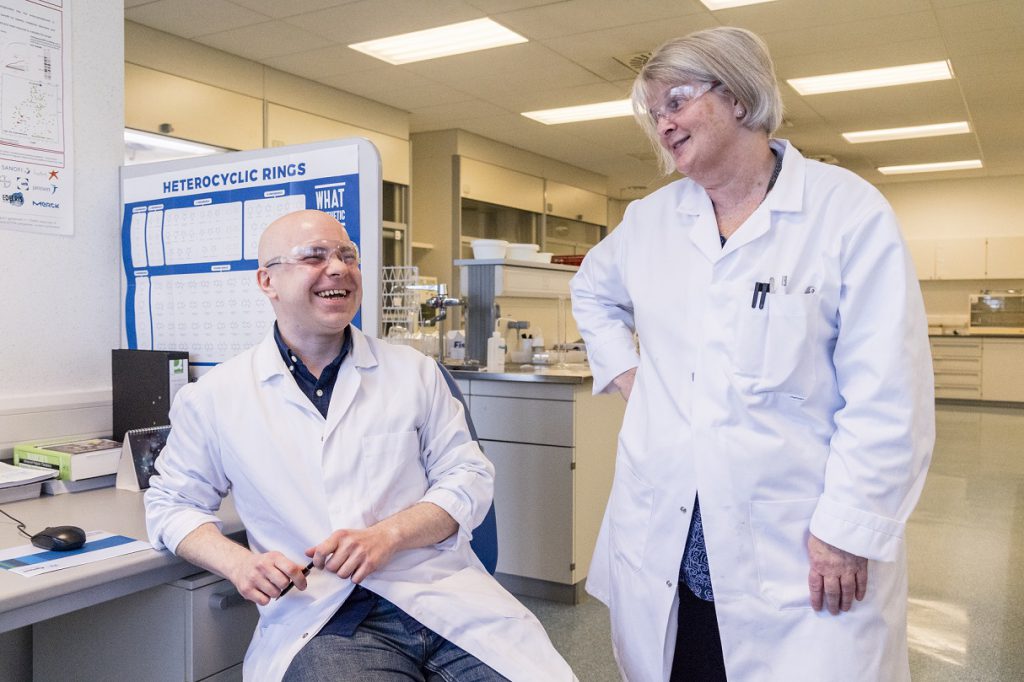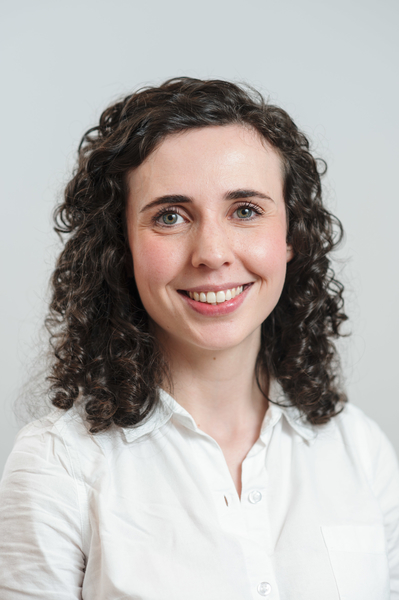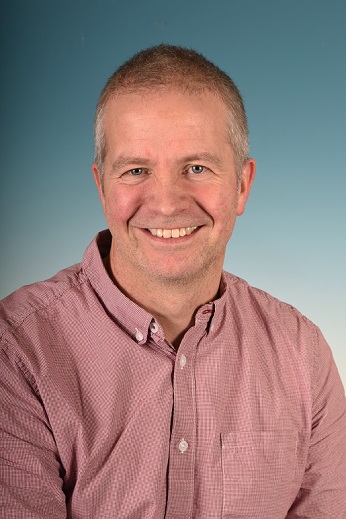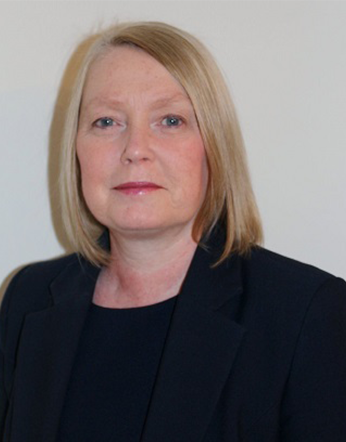What is MND
Find support
I have MND
I am supporting someone
Get involved
Research
About MND Scotland


She recently published the findings in the Journal of Neurology in April 2019 and her findings can be found below.
This study investigated the number of people newly diagnosed with MND each year (the incidence) and the number of people living with MND in Scotland at any one time (the prevalence). The research investigated the time period of 2015-2017, and used data from the Scottish MND Register/ CARE-MND platform.
The CARE-MND platform is set up to collect and store information about people with MND. This information helps researchers to build a broad picture of why MND happens to some people and not others, and can be used to audit care standards across different health boards and local authorities.
The team discovered the following:
Danielle Leighton said: “It was a privilege to take the lead on this study as part of my PhD Fellowship.
“Being aware of how common MND is in Scotland is essential for planning regional and national health services. Hopefully we have also been able to answer some important questions that people with MND and our supporters might have.
“This work is a result of the collaborative efforts of all MND healthcare teams in Scotland. We’ll be reporting back on more research findings soon and hope to continue our work to find out as much as possible about MND in Scotland.”
The Gordon Aikman Scholarship was set up in 2017 to support healthcare professionals to develop new ideas could improve MND care.
In June 2017, we announced that we would be match-funding the Scottish Government’s annual £25,000 investment into the Scholarship, bringing its total value up to £50,000 per year. We have now selected the two recipients of 2018 funding.
Andy Bethell, MND Clinical Specialist
Mental Health Support Plans for People Affected by MND

Andy said: “Approximately 10% of people with MND suffer from a mental health issue during the course of their disease, however over 30% of carers experience significant mental health issues when caring for someone with MND.
“This has a detrimental effect on both the wellbeing (mental and physical) of the carer and also the level of care they can provide for the person with MND, as well as its effects on the wider family group.
“My hope is that this project will reduce worry, stress and distress for carers which will then allow them to provide a better level of care for the person with MND, and improve the lives of those living with the disease.”
Dr Jenny Preston, MBE
Optimising the Health and Social Care Professionals Team for MND

Jenny said: “UK guidelines suggest that each MDT should provide co-ordinated care for people with MND. The team should include health and social care professionals with expertise in MND who see people in their own homes as well as in the clinic. There is evidence that an MDT approach in clinic can lead to improved survival rates, higher standards of care and cost effective interventions.
“However, evidence is lacking in the optimal configuration and format of the MDT clinic. Consequently, clinics vary in how they are formed and delivered. Optimising the professional configuration and format of the MDT is likely to maximise the benefit of these clinics for people with MND.”
Sign up
for newsletter
Get the latest news and events straight to your inbox.
You can help create a world without MND